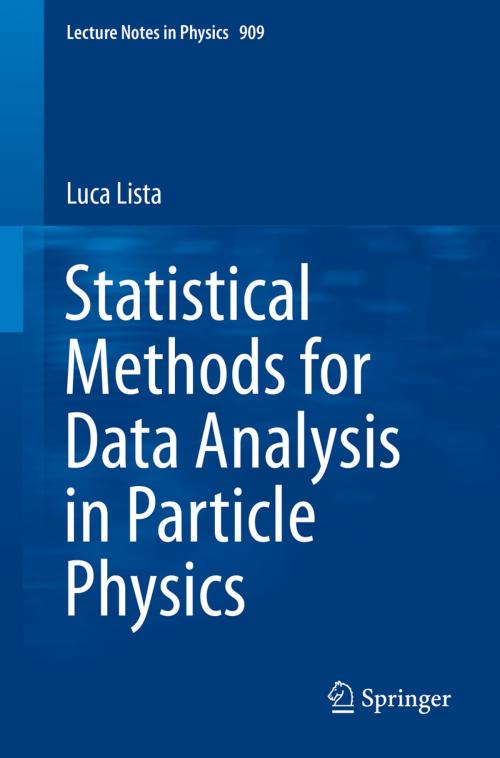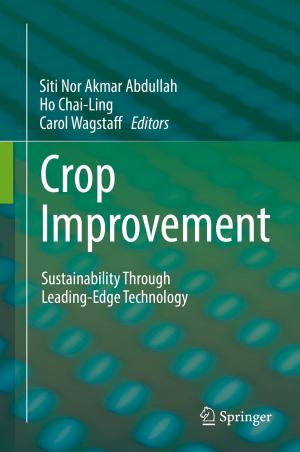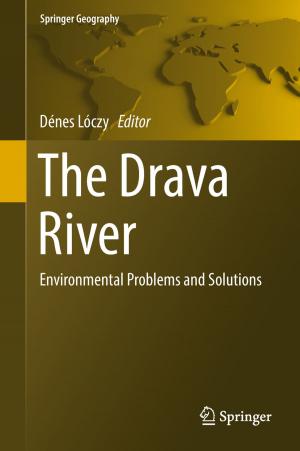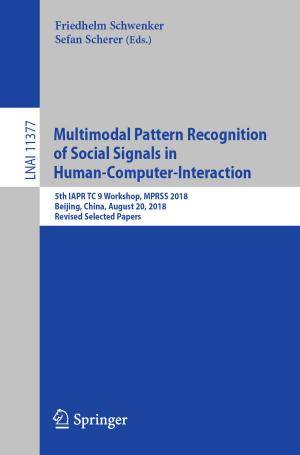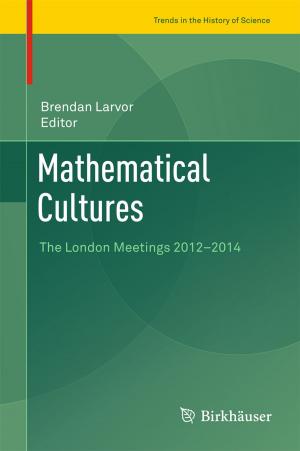Statistical Methods for Data Analysis in Particle Physics
Nonfiction, Science & Nature, Science, Other Sciences, Weights & Measures, Physics, Nuclear Physics| Author: | Luca Lista | ISBN: | 9783319201764 |
| Publisher: | Springer International Publishing | Publication: | July 24, 2015 |
| Imprint: | Springer | Language: | English |
| Author: | Luca Lista |
| ISBN: | 9783319201764 |
| Publisher: | Springer International Publishing |
| Publication: | July 24, 2015 |
| Imprint: | Springer |
| Language: | English |
This concise set of course-based notes provides the reader with the main concepts and tools to perform statistical analysis of experimental data, in particular in the field of high-energy physics (HEP). First, an introduction to probability theory and basic statistics is given, mainly as reminder from advanced undergraduate studies, yet also in view to clearly distinguish the Frequentist versus Bayesian approaches and interpretations in subsequent applications. More advanced concepts and applications are gradually introduced, culminating in the chapter on upper limits as many applications in HEP concern hypothesis testing, where often the main goal is to provide better and better limits so as to be able to distinguish eventually between competing hypotheses or to rule out some of them altogether. Many worked examples will help newcomers to the field and graduate students to understand the pitfalls in applying theoretical concepts to actual data.
This concise set of course-based notes provides the reader with the main concepts and tools to perform statistical analysis of experimental data, in particular in the field of high-energy physics (HEP). First, an introduction to probability theory and basic statistics is given, mainly as reminder from advanced undergraduate studies, yet also in view to clearly distinguish the Frequentist versus Bayesian approaches and interpretations in subsequent applications. More advanced concepts and applications are gradually introduced, culminating in the chapter on upper limits as many applications in HEP concern hypothesis testing, where often the main goal is to provide better and better limits so as to be able to distinguish eventually between competing hypotheses or to rule out some of them altogether. Many worked examples will help newcomers to the field and graduate students to understand the pitfalls in applying theoretical concepts to actual data.
